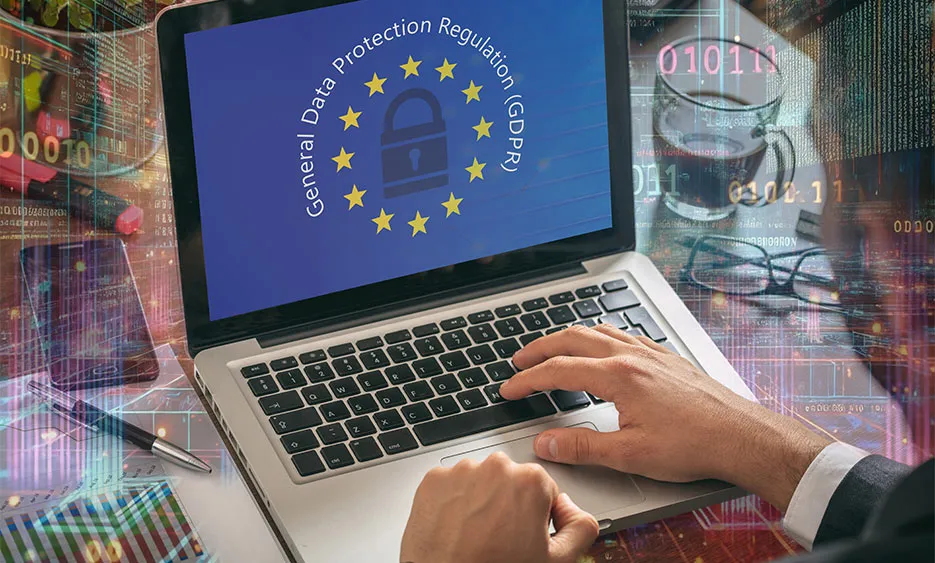
Data protection and GDPR compliance – legally compliant marketing strategies
14. March 2025
In our connected world, the protection of personal data is becoming increasingly important. Especially in Germany, where the GDPR sets strict regulations, companies must take responsibility for their customers' data. Data protection concerns not only legal requirements but also the trust of your customers. It plays a crucial role in the long-term success of your marketing strategy. In this post, we show why data protection and GDPR compliance are important for your online marketing and how you can successfully implement these requirements.
Why data protection is so important in digital marketing
With digitalization, the exchange of personal data becomes inevitable. Customers provide companies with their sensitive information—whether via forms, email subscriptions, or online purchases. In an era where data misuse makes headlines, companies must handle this information responsibly. The GDPR, in effect since 2018, regulates that companies may only process data with the consent of the individuals concerned. Violations can lead to legal consequences and loss of trust. Therefore, data protection and GDPR compliance belong in every marketing strategy.
GDPR-compliant marketing measures for your company
Implementing GDPR-compliant processes requires a detailed analysis of your marketing activities. You need to identify potential weaknesses and take measures to prevent data protection breaches.
The first step is to review your privacy policy to ensure it meets current requirements. Adapt your opt-in process so that consent for data processing is clear and verifiable. Regularly train your employees in the secure handling of personal data. Our online marketing agency helps you create practical guidelines that you can implement directly.
Accessibility as a new legal requirement: An important step for your digital marketing
Starting in 2025, accessibility for digital content will become an important part of legal requirements. The new directive on internet accessibility applies to public institutions and increasingly to private companies. It requires that websites and mobile applications be accessible to all people—regardless of their abilities. This includes, among other things, the readability of content and navigation with assistive technologies. The use of clear, simple texts is also important.
Accessibility is not only a legal obligation but also an essential part of an inclusive marketing strategy. Companies that consider accessibility expand their reach and improve the user experience. They also strengthen their brand image. Therefore, it is crucial to integrate accessibility as a fixed component of your GDPR-compliant marketing strategy.
Conclusion
Data protection, GDPR compliance, and accessibility are not only legal requirements but also opportunities for building a trustworthy relationship. With a structured concept that includes legal, technical, and organizational measures, you protect the trust of your target audience. Additionally, you avoid fines and expand your reach.
Trust our expertise and develop a data protection and accessibility-compliant marketing strategy with us. If you want to learn more, the team at Media Beats is always available to assist you.
Our blog
Latest news
With our blog, you are always close to our work, our current projects and the latest trends and developments in web and print.
Any questions?





